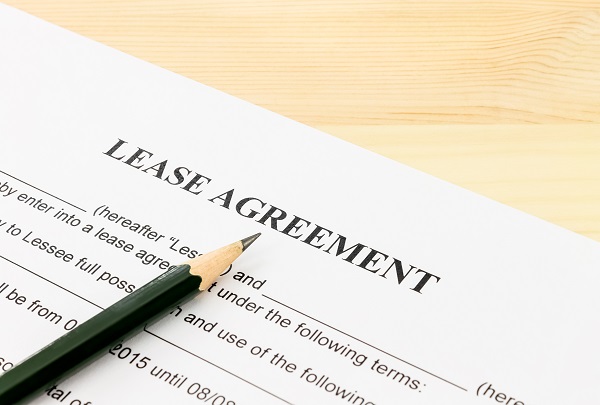
Commercial tenants are generally not entitled to the same protections that state law confers to residential tenants because they are presumed to be more financially and legally sophisticated than prospective residential renters. For this reason, it is vital for commercial tenants to pay careful attention to the complex features of the lease agreement, particularly the clauses governing rental payment calculations and the procedures for implementing rent increases.
Rental payments and escalation clauses. Commercial lease payments are generally calculated by multiplying the number of square feet by the cost per square foot, and then amortizing that amount over a twelve-month period. Other costs that may be considered when calculating rental payments include property taxes, common charges, and the gross sales of the lessee (if a percentage rent provision is part of the lease). The “escalation clause” sets forth the terms of the rental increase. An escalation clause is included in nearly every commercial lease with the exception of very short-term leases. Escalation clauses typically transfer increases in operating costs and property taxes to the tenant. Tenants can nevertheless negotiate these costs to avoid unreasonable rent escalations. Ideally, tenants can insist that the lease contain a rent escalation cap over a defined period of time.
Other rental costs. In addition to defining the basic terms of rent, the written agreement should clearly state the services that are covered by the lease and the allocation of costs between landlord and tenant. Services that may be included in the rent are garbage removal, utilities, repairs and maintenance. In a gross lease, the rent includes items such as property taxes, insurance and maintenance. In a net lease, the tenant is charged for these items as separate costs. Net leases can be either Single Net, Double Net, or Triple Net Leases. The distinctions among these categories is whether the tenant pays for some or all of the “nets”- which includes property taxes, insurance and common area charges- in addition to the base rent. Another provision to include in the agreement addresses space modification. Commercial lease tenants often alter or improve the physical space to accommodate their particular business needs. The parties should determine what kinds of modifications are acceptable and who is responsible for the costs of the alterations.
Contact Shane Coons at 949-333-0900 or visit his website at www.ShaneCoonsLaw.com to find out more about his practice.
